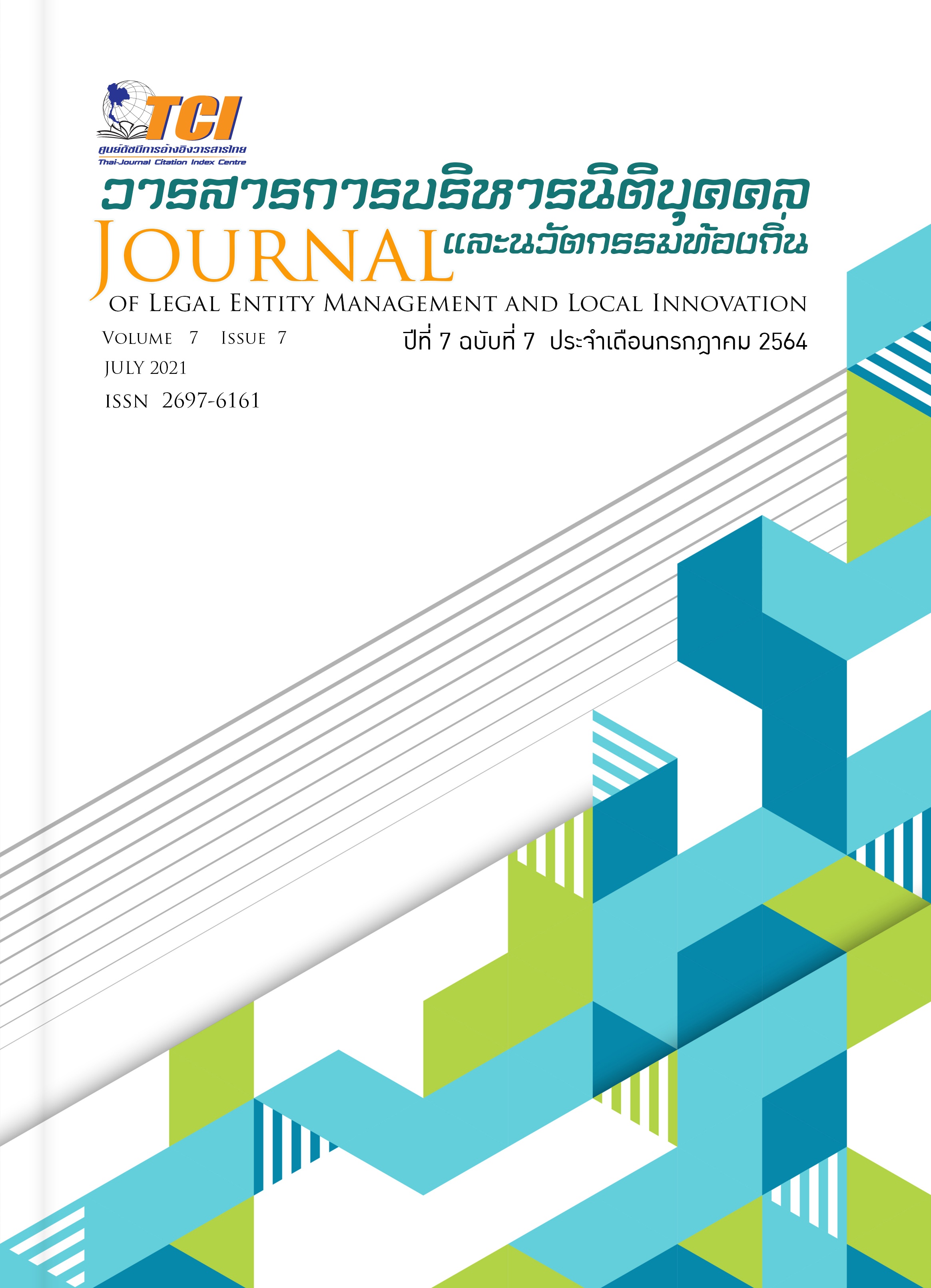The Educational Administration Guidelines for Encouraging Environmentally Friendly of Private Higher Education Institutions in the Lower Northern Area
Keywords:
Educational Management, Quality of Life, Environmentally FriendlyAbstract
The research aims 1) to study the problems and educational management guidelines to enhance the quality of life that is environmentally friendly of private higher education institutions in the lower northern region and 2) to assess the quality of life And expectations of ways to develop and enhance the quality of life that is environmentally friendly of private higher education institutions in the lower northern region and 3) to compare the opinion which classified by personal factors to educational management guidelines to enhance the quality of life that is environmentally friendly of private higher education institutions in the lower northern region. The sample that used to gather data by in-depth interview was 4 academic directors by purposive sampling and gather data by questionnaire with 326 educational personal and undergraduate students of Phitsanulok university, Northern university, Chaopraya university and University of central Thailand by convenience sampling. The instrument used in this research was an in-depth interview form and questionnaires. The statistics used in the research were percentage, mean, standard deviation. And T- testing and F - testing and pairs testing By the Scheffe' method. The research found that 1. The important problem is the quality of life of students. And guidelines for education for enhancing the quality of life that is environmentally friendly by private higher education institutions in the lower northern region There are 5 ways to improve the quality of life, namely morality, ethics, knowledge, intellectual skills. In interpersonal skills and responsibilities And skills in numerical analysis, communication, and the use of information technology. 2. The overall quality of life evaluation was at a high level ( = 3.78, SD = 0.521) and the expectation of the guidelines for the development and promotion of quality of life that are environmentally friendly In all activities High level ( = 3.76, SD = 0.675). 3. Comparison of opinions classified by personal factors towards the development guidelines and quality of life that are environmentally friendly, found that gender and faculty are different. There was no difference in opinions towards the development and quality of life development statistically significant at the .05 level except the university, curriculum and year were not different.


